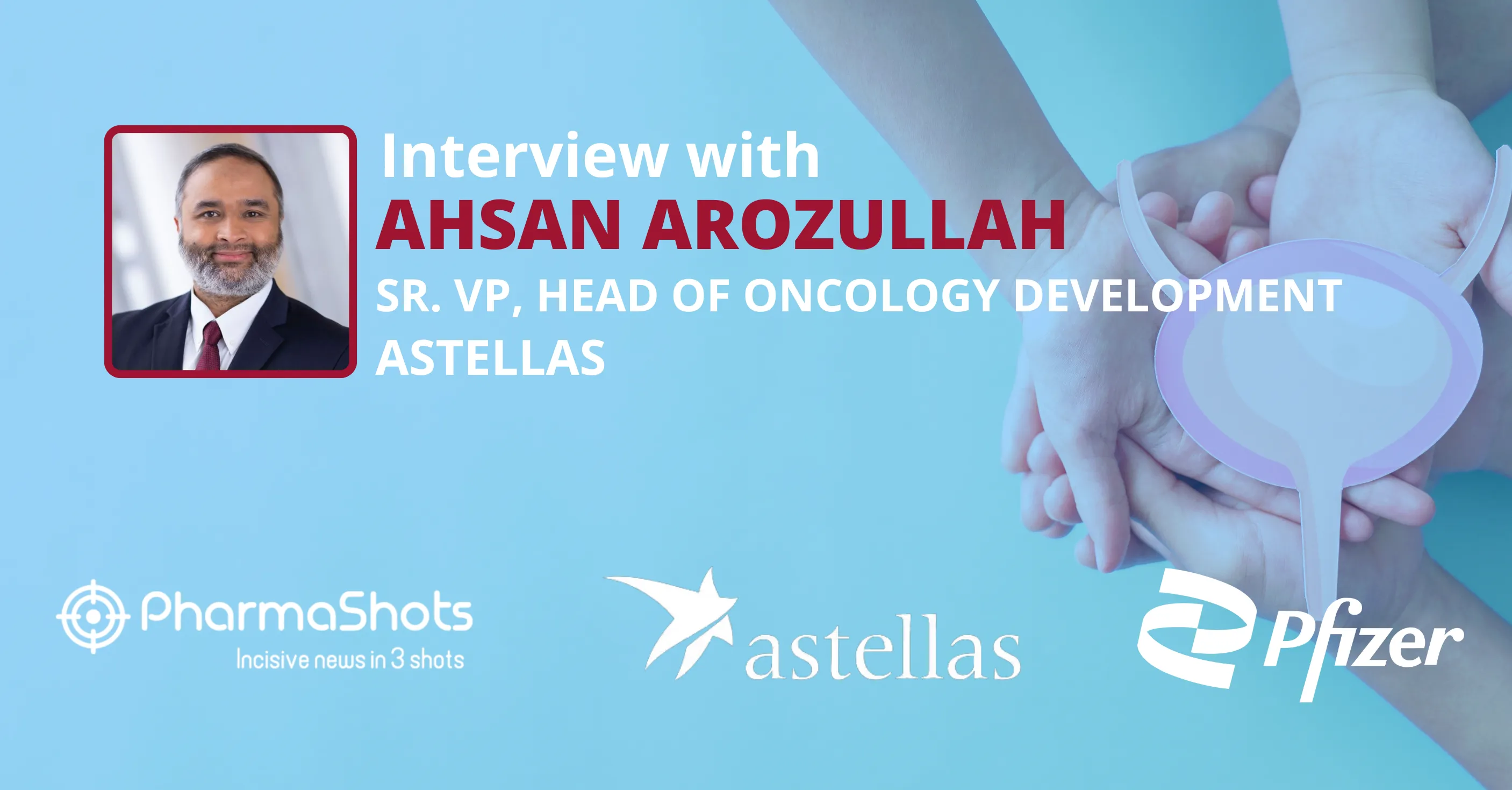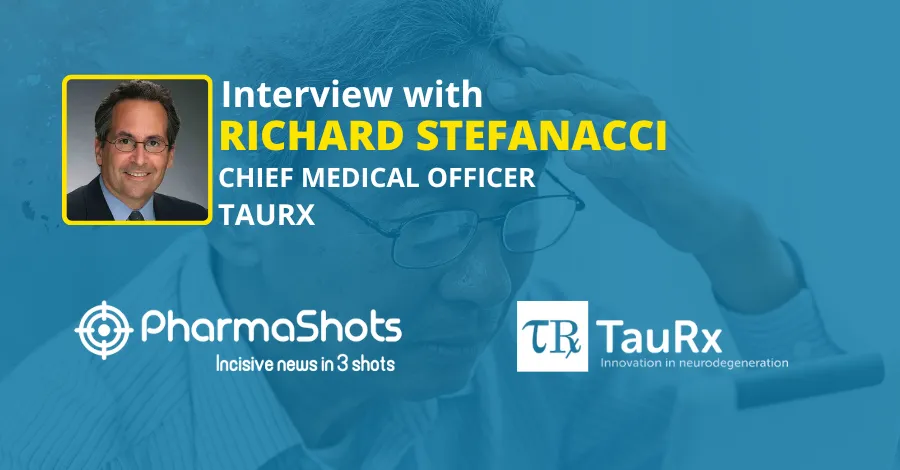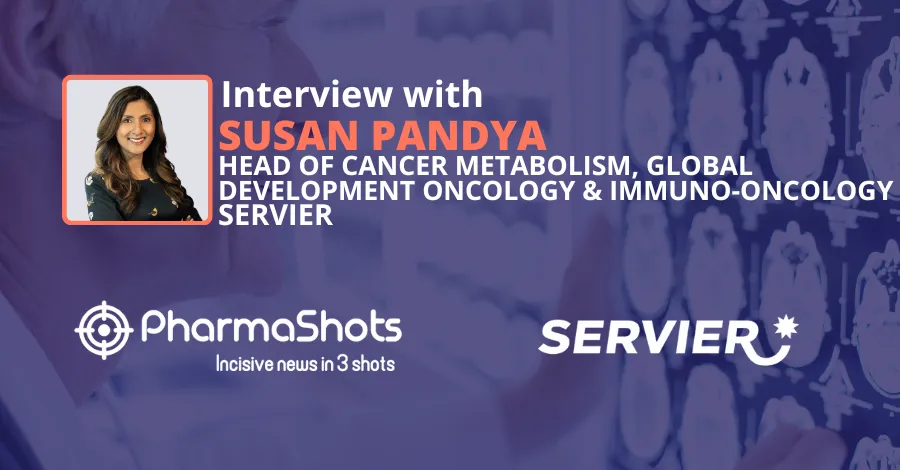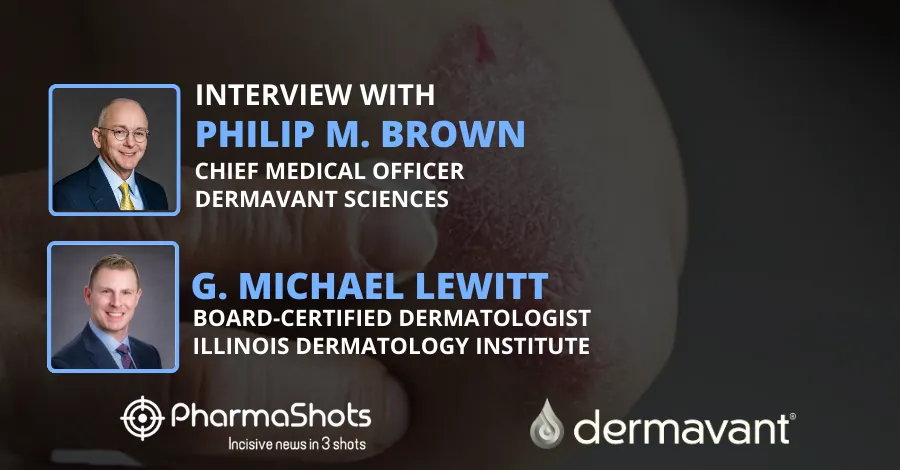
Daniel Quirk, SVP, Head of US Medical Affairs at Bristol Meyers Squibb Shares his Views on the US FDA Approval of Sotyktu
Shots:
- Daniel started the discussion by speaking about the epidemiology of plaque and briefed about SOTYKTU approved for the treatment of moderate-to-severe Plaque Psoriasis
- He also elaborated on the results from the P-III registrational studies POETYK PSO-1 and POETYK PSO-2
- The interview also talks about how BMS is advancing its product portfolio to deliver innovative medicines helping patients prevail over serious diseases
Smriti: Discuss the epidemiology of plaque psoriasis.
Daniel Quirk: Psoriasis is a widely prevalent, chronic, systemic immune-mediated disease that affects approximately 7.5 million people in the United States. Up to 90 percent of patients with psoriasis have plaque psoriasis, which is characterized by distinct, round, or oval plaques typically covered by silvery-white scales. Around two million in the U.S. have cases that are considered moderate to severe. Therapeutic treatment may include systemics, both oral or injectable, phototherapy or topicals, but despite a variety of available treatments, many patients remain undertreated or untreated.
Smriti: Shed some light on your recently approved drug SOTYKTU (deucravacitinib) (route of administration & formulations). What is unique about its mechanism of action (MOA)?
Daniel Quirk: In September, the U.S. FDA approved Sotyktu (deucravacitinib), a once-daily, first-of-its-kind oral, selective, allosteric tyrosine kinase 2 (TYK2) inhibitor, for the treatment of adults with moderate-to-severe plaque psoriasis who are candidates for systemic therapy or phototherapy. Sotyktu is not recommended for use in combination with other potent immunosuppressants. Sotyktu, available in 6mg tablets, is the only approved TYK2 inhibitor and the first innovation in oral treatment for moderate-to-severe plaque psoriasis in nearly 10 years.
BMS scientists designed deucravacitinib to selectively target TYK2, which pairs with JAK1 or JAK2 to mediate multiple cytokine pathways such as IL-23, which results in the production of proinflammatory cytokines including IL-17. Deucravacitinib binds to the regulatory domain of TYK2, resulting in allosteric inhibition which contributes to its selectivity. In in vitro assays, Sotyktu has not been shown to inhibit JAK 1/2/3 pathways at clinically relevant doses.
Tell us what you hope for SOTYKTU as a new oral treatment for moderate to severe plaque psoriasis. I am excited about this new treatment option because it has been shown to be better at achieving skin clearance than placebo and Otezla. We hope that this superior efficacy in a once daily pill puts Sotyktu in a position to become the new standard of care in oral treatment for adults with moderate to severe plaque psoriasis.
Smriti: What were the results from the P-III POETYK PSO-1 and POETYK PSO-2 clinical trials on which the approval was based?
Daniel Quirk: The pivotal Phase 3 POETYK PSO-1 and POETYK PSO-2 clinical trials evaluated the safety and efficacy of Sotyktu (6 mg once daily) compared to placebo and Otezla® (apremilast) (30 mg twice daily) in patients with moderate-to-severe plaque psoriasis. Both were multi-national, multi-center, randomized, double-blind, placebo- and active comparator-controlled 52-week Phase 3 studies. POETYK PSO-2 included a randomized withdrawal and retreatment period after Week 24. In total, 664 patients were enrolled in POETYK PSO-1 and 1,020 patients were enrolled in POETYK PSO-2. All participants had moderate-to-severe plaque psoriasis and were candidates for phototherapy or systemic therapy. Patients had a body surface area involvement of ≥10 percent, a Psoriasis Area and Severity Index (PASI) score ≥12, and a static Physician’s Global Assessment (sPGA) ≥3 (moderate or severe).
The POETYK PSO-1 and POETYK PSO-2 clinical trials demonstrated superior efficacy of once-daily Sotyktu compared to placebo and twice-daily Otezla in 1,684 patients aged 18 years and older with moderate-to-severe plaque psoriasis. The superior efficacy of Sotyktu compared to placebo, at week 16, and Otezla, at both 16 and 24 weeks, was demonstrated, and responses with Sotyktu persisted through 52 weeks.
The co-primary endpoints of both trials were the percentage of patients who achieved PASI 75 and the percentage of patients who achieved sPGA score of 0 or 1 at Week 16 versus placebo. Key secondary endpoints included the percentage of patients who achieved PASI 75, PASI 90 and sPGA 0/1 compared to Otezla at Week 16 and Week 24.
In POETYK PSO-1, treatment with Sotyktu demonstrated superior clearance rates compared with placebo and Otezla:
- At Week 16, 58 percent of patients receiving Sotyktu achieved PASI 75 vs. 13 percent of patients receiving placebo and 35 percent of patients receiving Otezla. 54 percent of patients receiving Sotyktu achieved sPGA 0/1 vs. 7 percent of patients receiving placebo and 32 percent of patients receiving Otezla.
- At Week 24, 69 percent of patients receiving Sotyktu achieved PASI 75 vs. 38 percent of patients receiving Otezla.
Similar results were seen in POETYK PSO-2:
- At Week 16, 53 percent of patients receiving Sotyktu achieved PASI 75 vs. 9 percent of patients receiving placebo and 40 percent of patients receiving Otezla. 50 percent of patients receiving Sotyktu achieved sPGA 0/1 vs. 9 percent of patients receiving placebo and 34 percent of patients receiving Otezla.
- The most common side effects of Sotyktu (>1 percent and higher than placebo) include: upper respiratory infections (19.2 percent), blood creatine phosphokinase increase (2.7 percent), herpes simplex (2.0 percent), mouth ulcers (1.9 percent), folliculitis (1.7 percent) and acne (1.4 percent).
Smriti: How do you believe that SOTYKTU is a breakthrough treatment?
Daniel Quirk: We believe that the unprecedented superior efficacy of once-daily Sotyktu over twice-daily Otezla in improving skin clearance represents a breakthrough in oral treatment and that Sotyktu has the potential to become the new standard of care in the oral treatment of moderate-to-severe plaque psoriasis.
Smriti: How do you think that this treatment can reduce the burden on the patient community?
Daniel Quirk: As a once-daily pill indicated to treat adults with moderate-to-severe plaque psoriasis, Sotyktu offers patients a new option for those who are seeking an effective oral treatment that can fit into their daily routine.
Smriti: What are the upcoming drugs in BMS’ portfolio?
Daniel Quirk: BMS looks forward to continuing to explore Sotyktu and other pipeline agents, in various indications and remains committed to patients suffering from immune-mediated diseases.
Image source: Canva
About the Author:

Daniel Quirk is the Senior Vice President, Head of US Medical Affairs at Bristol Meyers Squibb. He is an experienced healthcare executive with a demonstrated history of working in the hospital & healthcare industry. He is skilled in the Pharmaceutical Industry, Clinical Research, Medical Devices, Business Development, and Strategic Planning. Daniel has done his MBA focused in Strategic Management from Wharton School, University of Pennsylvania.

Senior Editor at PharmaShots. She is curious and very passionate about recent updates and developments in the life sciences industry. She covers Biopharma, MedTech, and Digital health segments along with different reports at PharmaShots.













